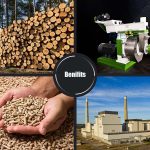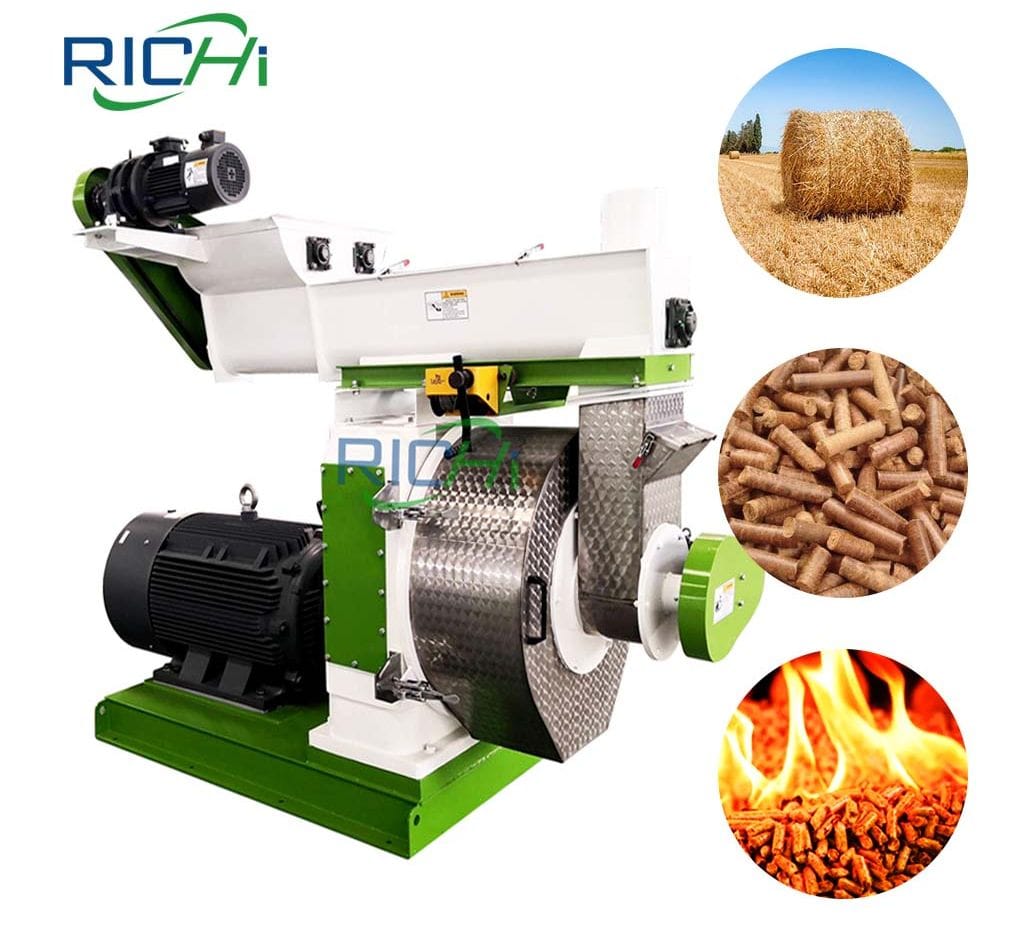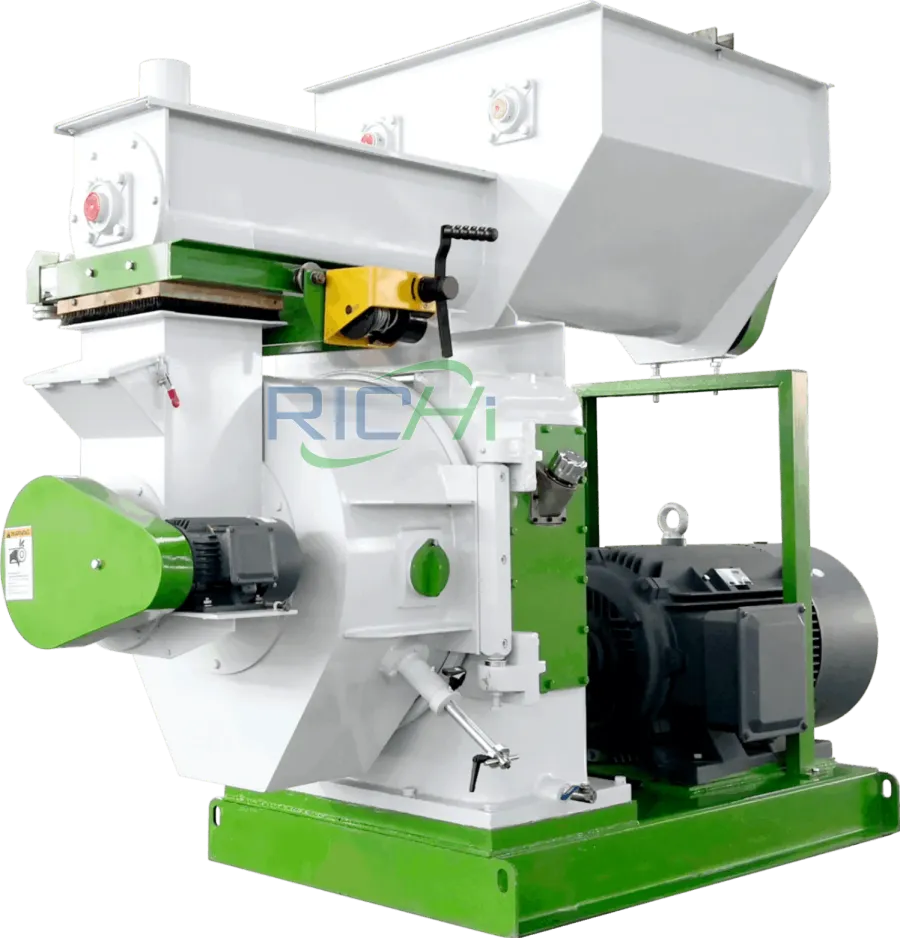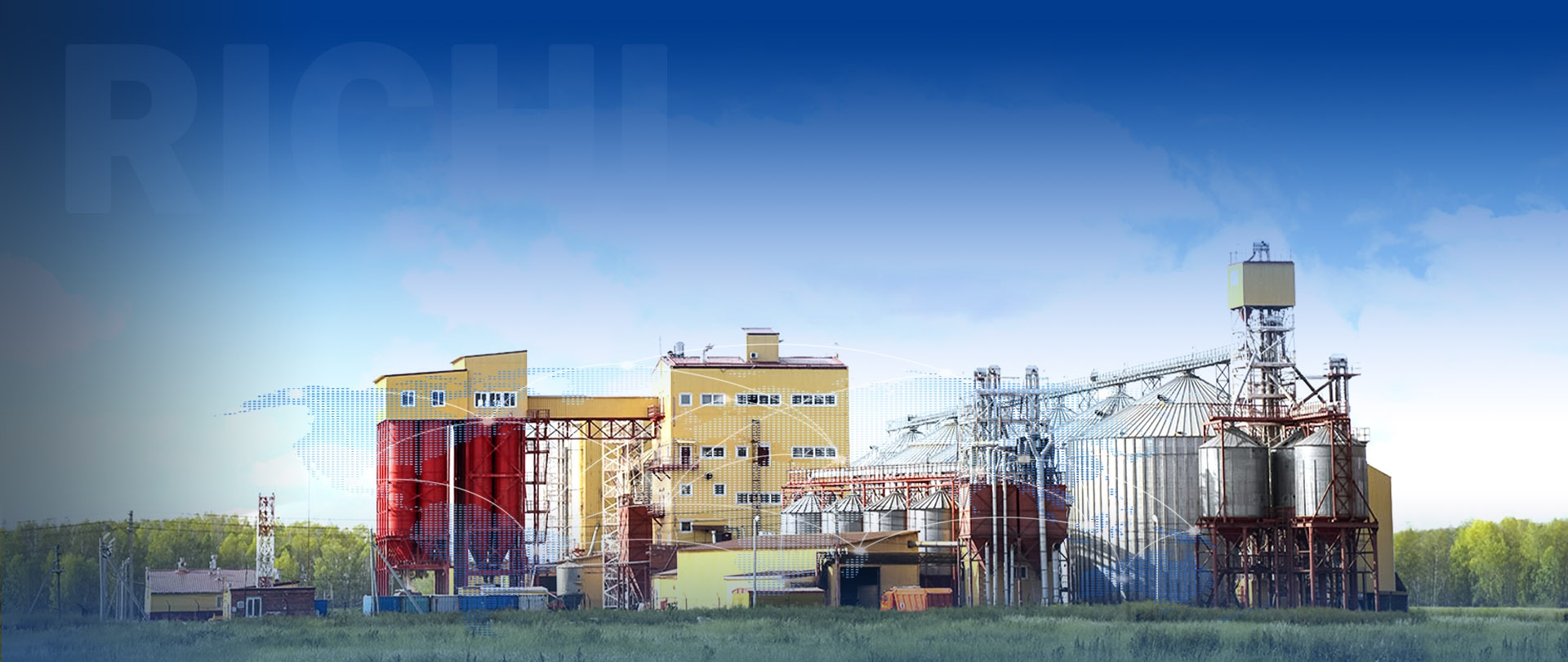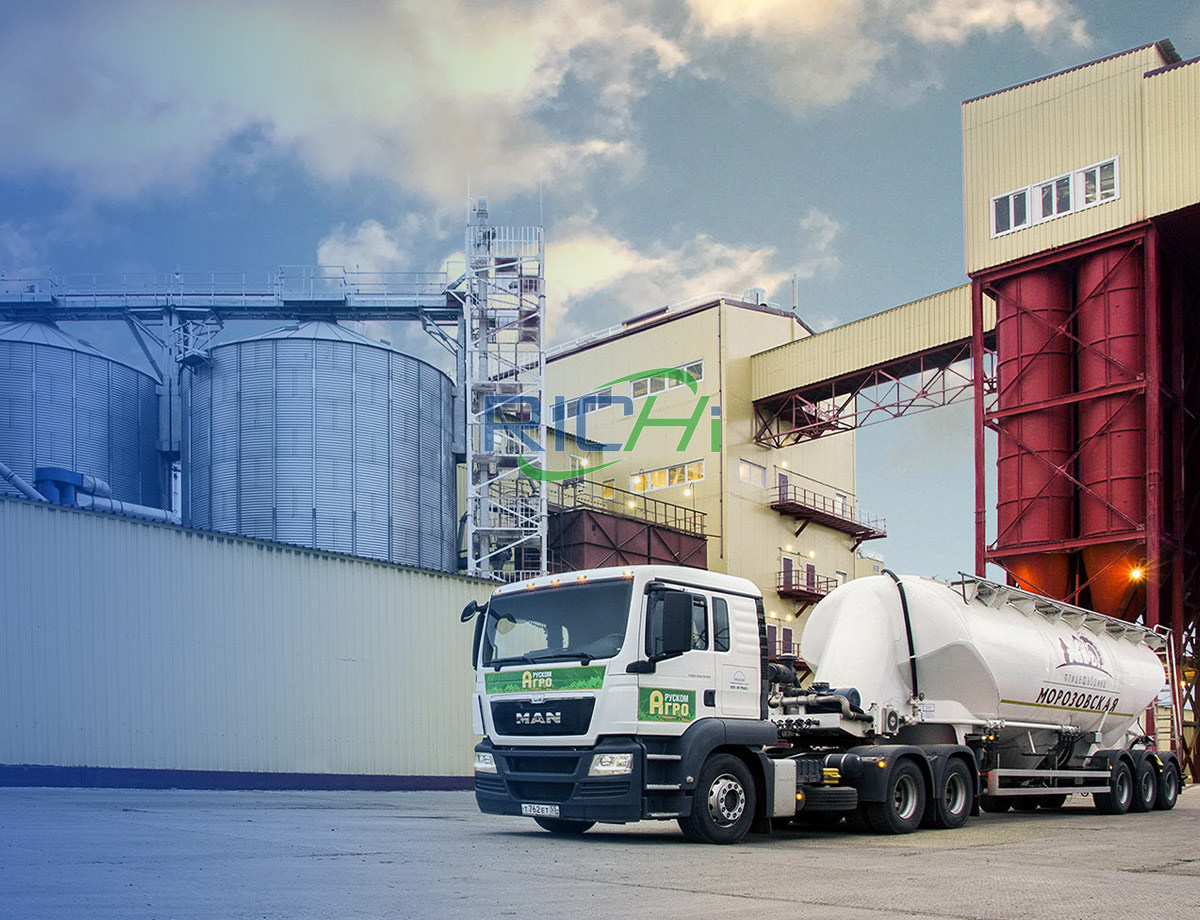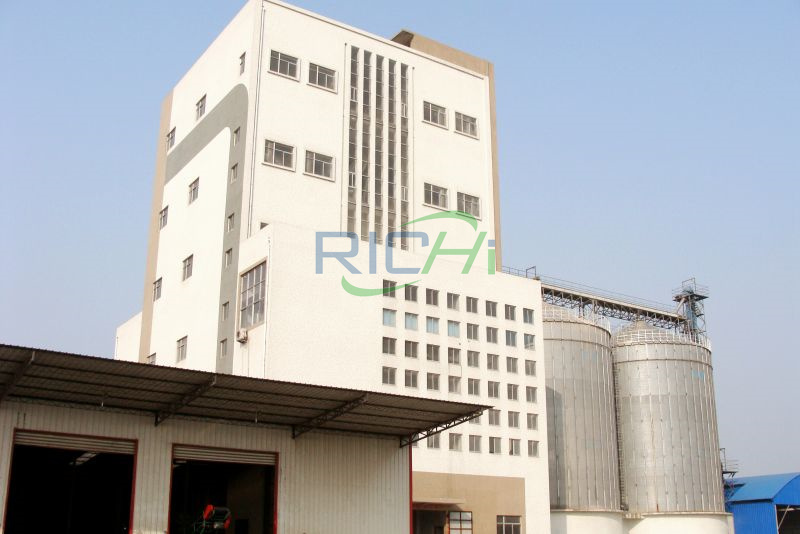Straw pellet machines have versatile applications across various sectors, contributing to sustainability and efficiency. Here’s an overview of how these machines are utilized in different industries:
1. Renewable Energy Production
- Biomass Power Plants: Straw pellets are burned to generate electricity, providing a renewable energy source that reduces dependence on fossil fuels. Biomass power plants benefit from the high calorific value and low moisture content of straw pellets.
- Residential Heating: Straw pellets can be used in pellet stoves and boilers to heat homes. They offer a sustainable and cost-effective alternative to traditional heating fuels.
- Industrial Heating: Factories and commercial establishments use straw pellets in large-scale boilers for industrial processes. This application supports energy efficiency and reduces greenhouse gas emissions compared to fossil fuels.
2. Agricultural Applications
- Animal Bedding: Straw pellets serve as an absorbent and comfortable bedding material for various livestock, including horses, poultry, and cattle. They are easy to handle, store, and distribute, helping maintain a clean and dry environment for animals.
- Fertilizer: Used as organic fertilizer, straw pellets enrich soil with essential nutrients such as potassium, phosphorus, and calcium. They improve soil structure and offer a slow-release nutrient source.
- Feed Additives: In some cases, straw pellets are added to feed for ruminants. They provide fiber and aid in digestion, enhancing the nutritional value of the feed.
Related post: https://www.pellet-richi.com/wood-pellet-machine/straw-pellet-production-line.html
3. Industrial Manufacturing
- Biomass Briquettes: Straw pellets can be processed into biomass briquettes, which serve as an alternative to charcoal and coal in industrial furnaces and kilns. This application helps reduce reliance on non-renewable fuels.
- Pulp and Paper Industry: Straw pellets are used as a raw material for producing pulp in paper manufacturing. They offer a sustainable alternative to wood pulp, reducing deforestation and supporting eco-friendly practices.
- Construction Materials: Straw pellets are used to create eco-friendly construction materials such as strawboard and biocomposites. These materials provide excellent insulation properties and are utilized in building sustainable structures.
4. Waste Management and Environmental Protection
- Waste Reduction: Converting straw into pellets helps manage agricultural waste effectively, reducing the need for open burning and decreasing methane emissions.
- Landfill Diversion: Using straw pellets as a fuel or material reduces the volume of waste sent to landfills, minimizing soil and water pollution.
- Carbon Sequestration: Straw pellets contribute to climate change mitigation by sequestering carbon that would otherwise be released into the atmosphere when straw decomposes or is burned.
5. Residential and Commercial Applications
- Home Heating: In rural areas where agricultural waste is abundant, straw pellets provide an affordable and sustainable heating option for homes.
- Landscaping: Straw pellets are used as mulch in landscaping and gardening to retain soil moisture, suppress weeds, and improve soil health.
- Erosion Control: During construction and land development, straw pellets are employed for erosion control, stabilizing soil and preventing runoff.
Conclusion
Straw pellet machines are valuable tools across a variety of industries. They play a significant role in renewable energy production, enhance agricultural practices, support industrial manufacturing, and contribute to effective waste management and environmental protection. Their applications help reduce waste, lower emissions, and promote sustainable resource utilization.
As technology evolves, straw pellet machines are likely to become even more efficient and adaptable, expanding their potential uses and further supporting sustainability goals. By integrating these machines into various sectors, businesses, farmers, and homeowners can leverage agricultural waste to produce renewable energy, improve soil health, and contribute to a greener future.



